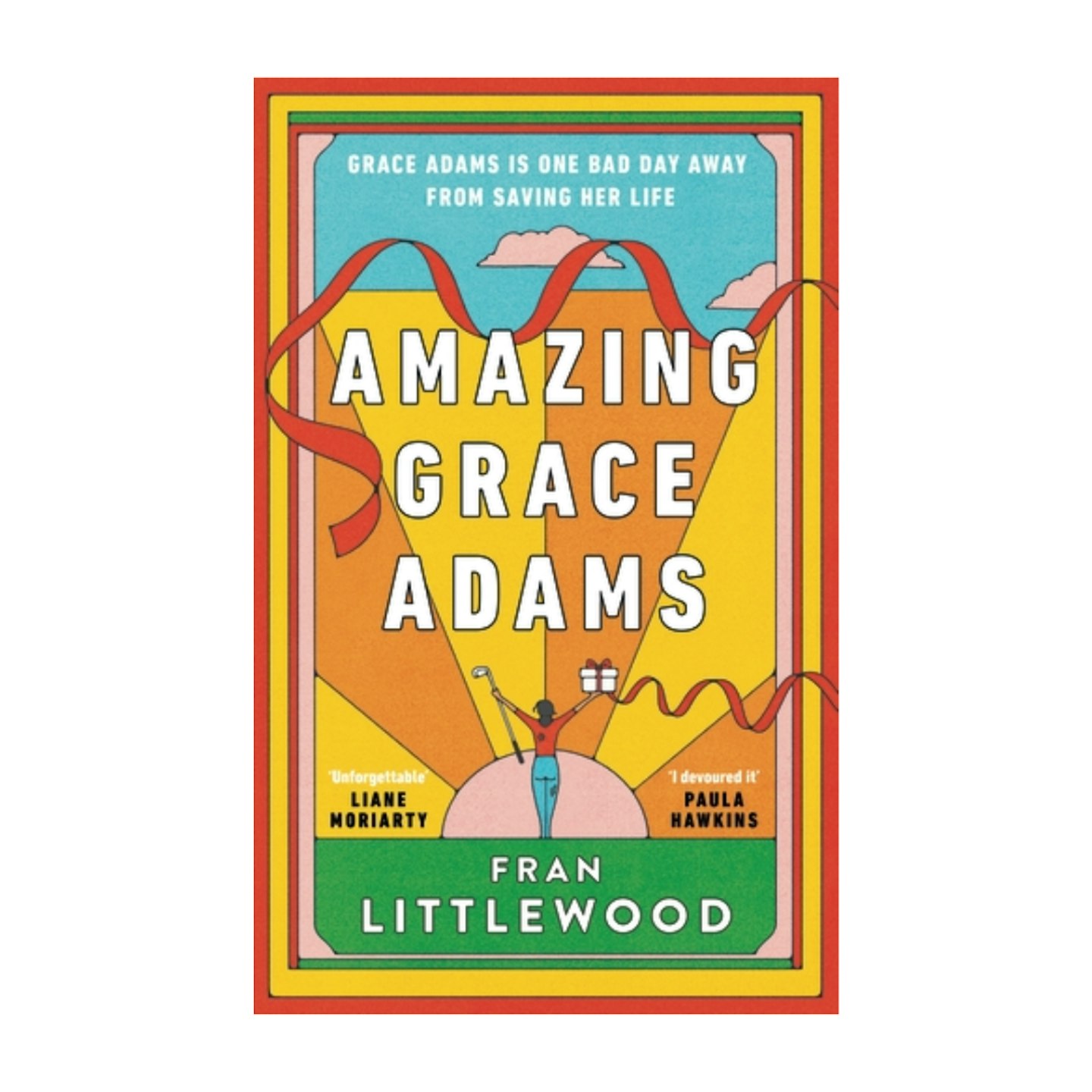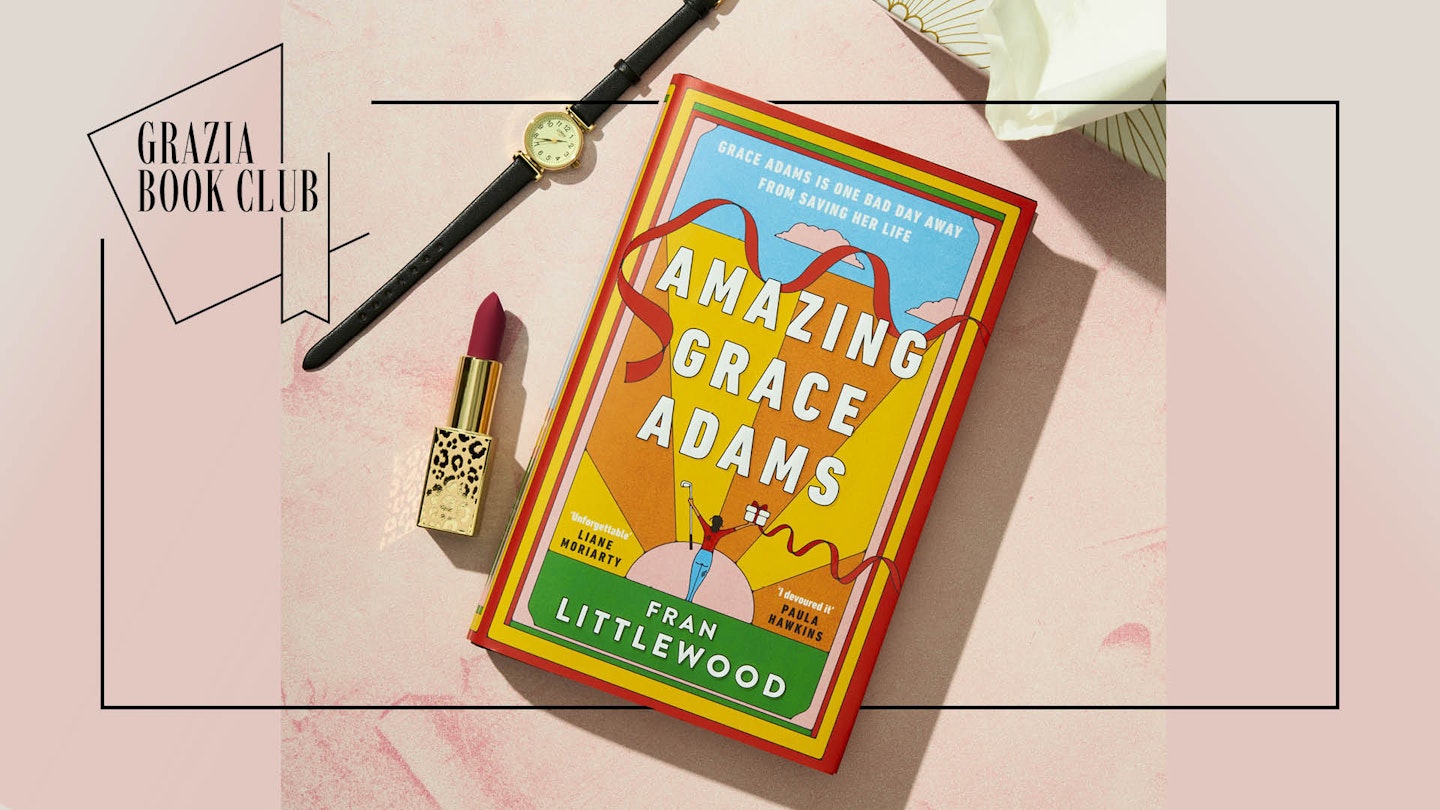The story of Amazing Grace Adams begins on a sweltering summer’s day, when Grace, who is perimenopausal, on the brink of divorce and raising a wilful teenage daughter, suddenly snaps. When she abandons her car in a gridlocked traffic jam, you think she’s walking away from her life. But as this clever debut unfolds, you realise she’s actually walking right towards it.
Told in flashbacks over several timelines, the story that follows is both extraordinary and yet ordinary, in that it’s the tale of a frustrated, exhausted woman who feels invisible and taken for granted by her husband, daughter, bosses and the world.
‘There’s a bit of Grace in all of us,’ author Fran Littlewood tells Grazia. ‘Women quietly pick up all the slack that nobody else seems to see or care about. Everything is loaded on to us, from the domestic and mental load of the house to childcare, ageing parents and headstrong kids. Despite this, we’re held to a much higher standard than men, and are expected to have a great career and look about 25 while we’re at it. And the guilt is unrelenting.’
The similarities to Falling Down (the 1993 film starring Michael Douglas) is no accident. ‘I wanted to use that moment when he snaps, gets out of his car and goes on a rampage around LA as a jumping-off point for this book,’ says Littlewood. ‘I loved the idea of a perimenopausal action hero who is as mad as hell and not taking it any more. Grace rises up and says and does all the things some of us would secretly like to do when people drive us mad.’
The book takes a broader look at how society fails to support the women who are holding it up, then punishes them when they fall apart. The humour – of which there’s plenty – offsets the sad unravelling of Grace’s life, which we begin to discover has been punctured by numerous heartaches, both big and small.
Alongside big topics, like bereavement, Littlewood – herself a mother of three teen girls – explores the grief of losing your child to adulthood. ‘I’ve read about empty nest syndrome, but you never hear about what happens in your child’s early teenage years and the sense of loss you feel when they begin to grow away from you,’ she says. But ultimately it’s a story about hope.
‘I feel so optimistic for Grace,’ explains Littlewood. ‘She’s literally and metaphorically building a new path for herself. Where we first meet her it looks like she’s lost control of her life, but it’s actually the point where she wrestles it back.’

Grazia's Book Club gives its verdict:
‘I loved the way the main character is deeply flawed and chaotic, while also fierce and endearing. This novel zeroes in on the struggles of women and, while the topics raised are handled with great sensitivity and skill, they still broke my heart.’ Aisha
‘I enjoyed the book, the writing was good, as was putting a perimenopausal woman at the heart of the story.’ Bronwyn
‘A story so raw it’ll have you crying, cringing and everything in-between. I’ve given a copy to my mum with an apology for my teenage years.’ Fiona
